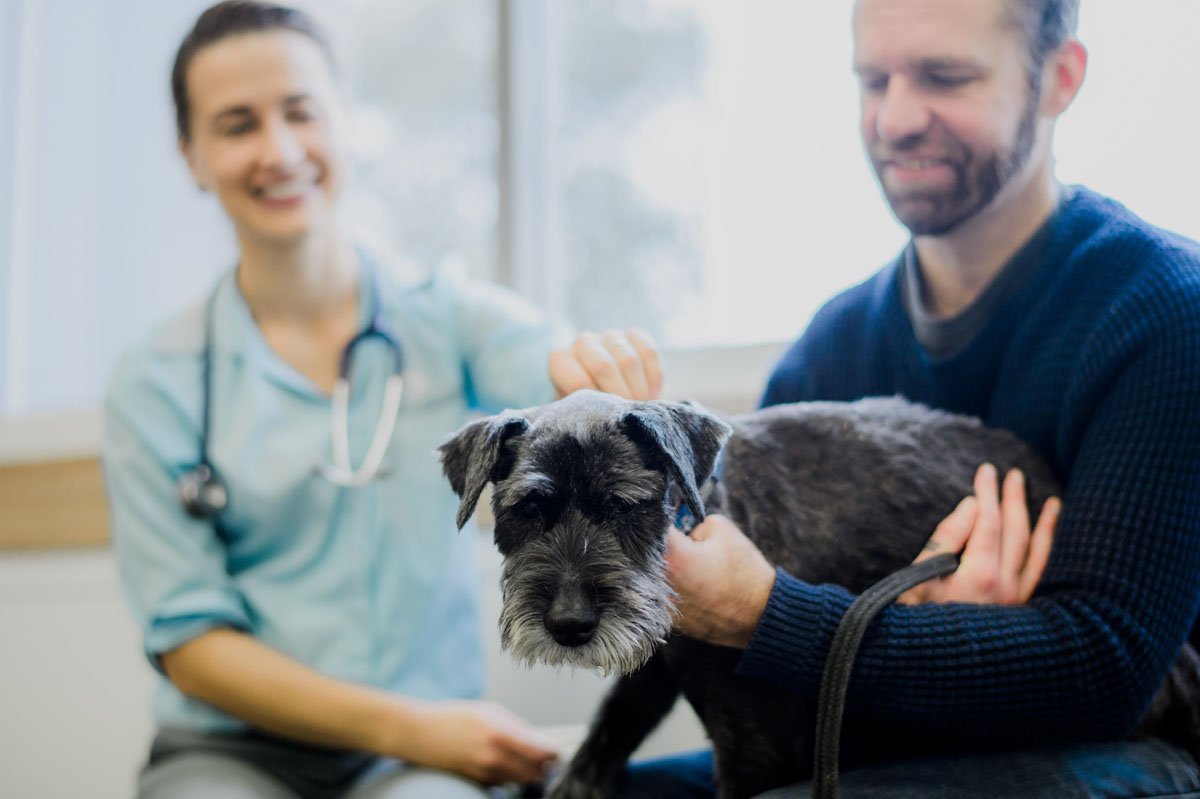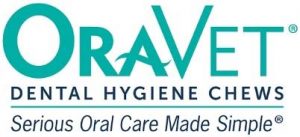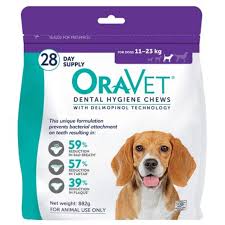Why we don’t feed bones to our dogs

While we often hear from clients that some vets have previously recommended feeding bones for dental health, there are many things to consider before taking this risk:
Pancreatitis, gastro intestinal upsets, gut perforations, broken teeth and constipation are just a few of the possible consequences of feeding your dog bones.
There are better and much safer alternatives for keeping your dog’s teeth clean and their breath fresh.
Most people feed the wrong type of bone and leave it out all day for their dog to chew which often leads to the dog eating too much of the bone or burying the leftover for later, a stomach upset waiting to happen! (and let’s face it, digging up and eating a rotten bone is really gross!)
Never feed a split bone. Eating the exposed bone marrow is the equivalent of binge eating several hamburgers and milkshakes. Pancreatitis and gastro intestinal issues can result in very costly and lengthy hospital visits or even cause permanent damage to your dogs vital organs.
Do not feed chicken necks. The tiny bones in chicken necks do nothing to help clean your dogs teeth, instead turning into bone gravel in the gut and often causing impactions or severe constipation which can be life threatening if left untreated.
But wolves eat bones!
Yes, but wolves are not dogs. Domestic dogs are only very distantly related to wolves. There have been hundreds of thousands (possibly billions) of generations between your family terrier and the first domestic dogs. The anatomy and physiology of our pets are far removed from their wild distant cousins and so are their diets. Domestic animals also live far longer (or at least that’s the goal) so feeding a diet that echoes that of a wild animal is no longer appropriate.
Rawhide chews and pigs ears are a much safer alternative. Your dog can spend time gnawing and chewing to assist in cleaning tartar from their teeth and if they break off pieces and eat the rawhide it is far less likely to cause any problems. Unlike bones, rawhide can usually be easily digested.
Dental chews formulated with teeth cleaning ingredients are a great alternative. We like Oravet chews. They come in sizes appropriate for various breeds and have been proven to reduce existing tartar and prevent tartar build up after your dog has their teeth professionally cleaned.


Teeth brushing. Just like humans, daily (or even better, twice daily) brushing of your dogs teeth is the best way to prevent dental disease. Start from a young age and be consistent with dental care and in the long run you could be saving your dog from many health issues later in life. Only use toothpastes formulated for use by dogs and cats. Never use human toothpaste as this is a foaming product which is designed to be spat out and not swallowed and could cause your pet harm.
This video shows you how to train your dog to work towards brushing their teeth.
We recommend Hills Science Diet t/D food (tooth diet) or Hills Vet Essentials dry food. These dry food diets are designed to brush your pets teeth every time they have a meal. The kibble is designed to break apart in a way which rubs away any tartar buildup on the teeth (more effective on an animal with already clean teeth) but it does require that your animal chews its food. For animals who don’t chew and only swallow, it will have no dental health benefit at all.
Routine dental visits with your vet, teeth scaling and polishing may be recommended if your dog or cat already has tartar build up, or if their breed, diet or the way they eat their food causes dental disease to be an issue. For many dogs and cats, dental disease can be a lifelong challenge and regular checkups are recommended to keep on top of any problems that may arise and prevent harmful side effects of poor dental health such as heart and kidney damage.
Every August is dental month and we offer a 10% discount on dental procedures and a free dental checkup with your vet.